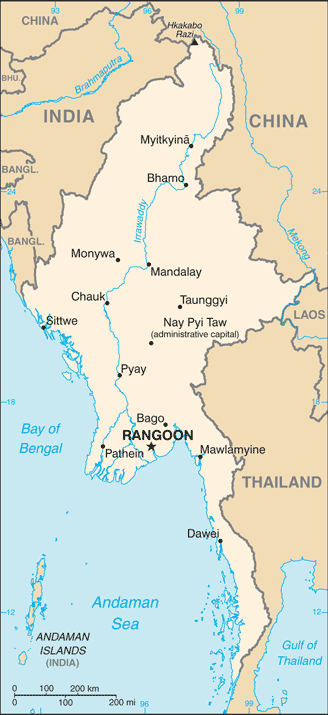Voice of America Radio: “Young Navajos Study to Save Their Language”
More than 100 years ago, the U.S. government began sending Native American children to boarding schools. All the instruction was in English. The native cultures and languages of the children were discouraged.
In the last 20 to 30 years, tribal governments have started to promote the teaching of Native American languages in schools. The U.S. Department of Education now also supports Native American language programs.
[…]
The 2010 United States Census showed that about 170,000 Navajos speak Navajo at home. It is one of the most robust Native American languages today.
But there is a growing worry that the Navajo language could disappear. Seventy years ago, nearly everyone on the Navajo reservation spoke Navajo as their first language. But today, few young Navajos can speak the language of their grandparents.
A study in 1998 found that only 30 percent of Navajos entering school spoke Navajo as their mother tongue. Just 30 years earlier, that was true of 90 percent of first-grade Navajo students.
Boosting these programs to save the language will probably require serious, long-term, and immediate financial commitments and other policy dedication. The Nation’s government is not flush with cash at the moment, and while that may change in the longer-term if fossil fuel energy development on Navajo lands goes forward, it would make the most sense (morally and practically) if the United States government really ramped up its contributions to sustaining Navajo language programs right now.
Between the U.S. government’s past actions against the Navajo people (and their language) and the U.S. government’s crucial reliance on Navajo language intelligence codes during World War II, this is owed.




 I’m always fascinated by the way language and available terminology shapes our worldview — literally causing us to view the world fundamentally differently from our fellow people if they grew up with a very different language. In international politics, these differences crop up from time to time in the news.
I’m always fascinated by the way language and available terminology shapes our worldview — literally causing us to view the world fundamentally differently from our fellow people if they grew up with a very different language. In international politics, these differences crop up from time to time in the news.